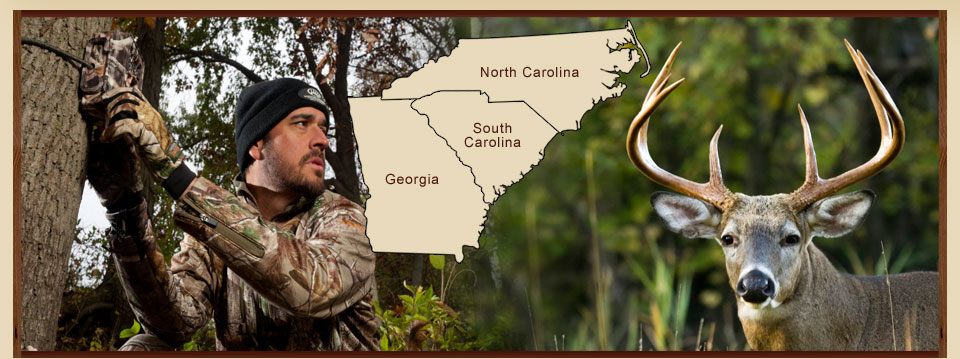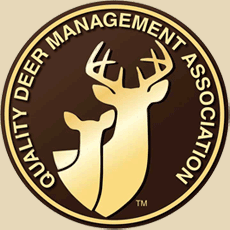As summer temperatures continue to rise and the long growing season is upon us, great things begin to happen in our food plots. With the growing of our plots, we also get the ideal growing of unwanted plants. These plants can quickly take over a plot, or other areas that we hunt. As has been said before, hunters need to care for all of their property, not just the areas where the plots are located.
This usually involves a good deal of maintenance and care to get the property in ideal conditions. Some of the maintenance includes spraying unwanted vegetation. When looking at what to spray and when, depends on the long term use of the area, and its overall intention.
If the landowner or manager wants to kill the area completely, nothing beats ‘Round-up’ as the most economical and efficient manner of killing all vegetation. The key to using ‘Round-up’ is to follow the directions on the bottle. Adding more chemical to the sprayer does not kill the plants quicker and it certainly does not make it any more dead. It is just a waste of good product. I prefer to purchase the concentrate and mix it in my sprayer. Following the directions and measuring it completely. Part of this means, to coat the leaves completely. Spray a mist over the plant and make them wet. This is the best overall coverage and works the best.
Round up works best on grasses, and soft stemmed plants. If you are spraying more woody plants, like shrubs, sweetgum, saplings a different chemical is recommended. Many specialize in woody plants, such as ‘Cross-bow’ and ‘Arsenal’. A license is needed to purchase Arsenal, but cross-bow can be bought over the counter. Either will work well when used according to the directions. Again, good coverage is essential to have the most effectiveness of the chemical.
As a land owner or manager, devising a plan of where to spray and when will make the best use of your resources. Many cannot afford or have the time to spray completely every year. Having a rotation will keep a lot of the unwanted vegetation at bay and keep them from taking over areas that we want cleared or at least cleaned. One way of doing this is to divide your property into a series of sections. By doing this, rotation becomes easier to keep up with and maintain. For example, one property I manage has been divided into eleven sections for management purposes. This year we will spray sections 4, 7, 8 and 11. At the surface it may appear random, but we decided to segregate based on the chemical used, and not the areas. So this year we will spray all woody vegetation that has been growing for two years and was mowed six weeks ago. This gives the growth new growth leaves that will soak up the chemicals better and have a more dramatic impact on the areas. A personal belief is that spraying always work better on vegetation that is less than eighteen inches tall. Mowing ensures they are at the optimal height and therefore have the greatest impact.
Whatever your plan, spraying is an integral part of any management plan for recreational land owners or managers. Understanding how and when to spray is critical. As is the right chemical for the right application. If you are not sure, your local extension office will offer free advice to help you make the right decision.




